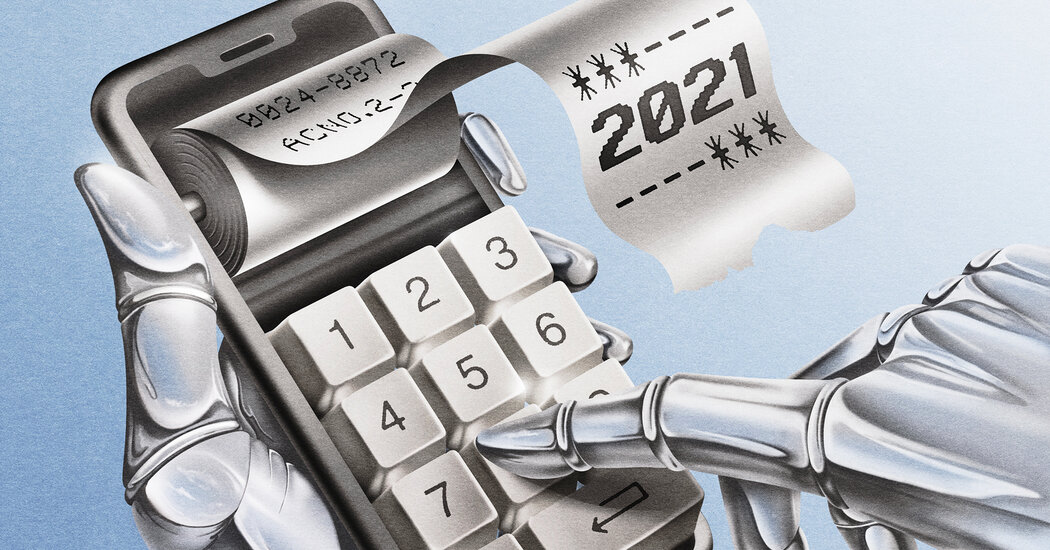
Tech cannot fix problems caused by car dependence:
For a long time, I was excited about technologies related to transportation, including apps that made it easier for people to take an Uber to a train station or a scooter ride the last mile to work from a bus stop. I thought that they would help cities liberate themselves from a reliance on cars. I was wrong.
America’s cities are so reliant on cars not because we lack tech options or alternatives. It’s because we have policies that subsidize automobiles. There is free parking, zoning that separates people’s homes from work and shopping, and a lack of investment in public transit, walking and cycling to make alternatives to car trips more appealing. These are policy failures. Technology can be helpful, but often it’s extra credit when we haven’t passed the basic test.
— David Zipper, a visiting fellow at the Harvard Kennedy School who researches cities, technology, and how people and goods move around
Technology improved people’s lives and incomes, but the gains were uneven:
Pretty much everything that makes our lives better, healthier and more secure comes from new technology. But since at least the Industrial Revolution, new technology also displaces people economically. What I and many other economists didn’t fully grasp was how many jobs would be lost to technology automation and how quickly that would happen.
Tech also helped create new jobs, and wages have increased, but much of the gains went to high-end knowledge workers. There are good jobs out there, but we’re just not good at getting people to that work and training them for it.
— Allison Schrager, a senior fellow at the Manhattan Institute, a conservative research center
Educational records are still scattered all over the place:
It’s now much easier, though far from perfect, to gain access to my health records online because of policy and technological changes over the last decade. I assumed that electronic educational records would come swiftly after that. They haven’t. Workers, parents and companies still have no simple way to retrieve records from education and job training. It hurts us and the economy.




